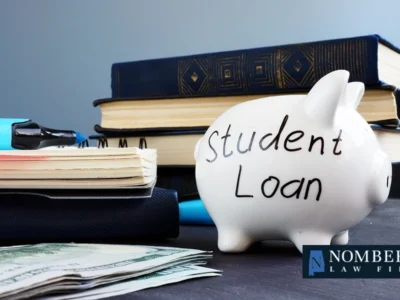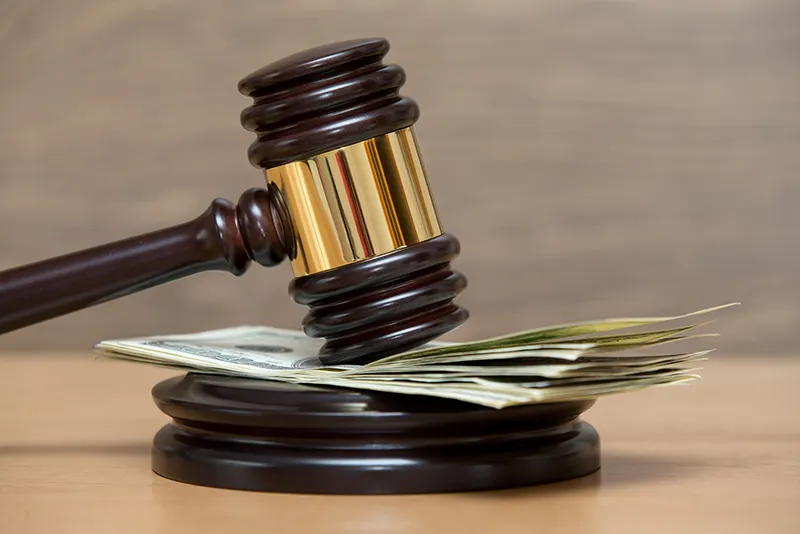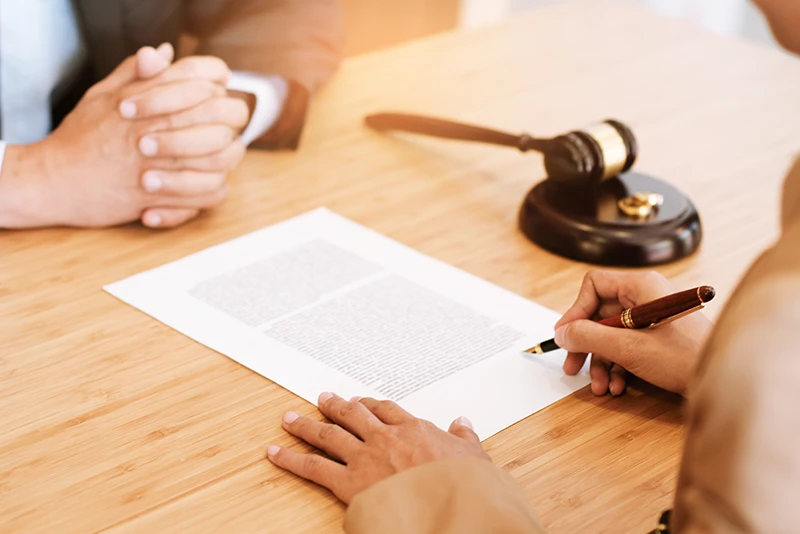
In the past, bankrupt debtors were deterred from attempting to discharge their student loans because of the difficulty of satisfying the “undue hardship” standard along with the excessive cost of pursuing an adversary proceeding. Now, that is about to change.
Last week, the U.S. Department of Justice (DOJ) published a memorandum that provides guidance (“Guidance”) to the DOJ attorneys regarding requests to discharge student loans in bankruptcy cases.
The Guidance advises the DOJ attorneys to stipulate to the facts demonstrating that the debt would impose an undue hardship and recommend to the court that the student loan be discharged if 3 conditions are satisfied.
These 3 conditions are:
- The debtor presently lacks an ability to repay the loan;
- The debtor’s inability to pay the loan is likely to persist in the future; and
- The debtor has acted in good faith in the past in attempting to repay the loan.
According to the Guidance, it is possible for debtors to satisfy these 3 conditions without having to file an adversary proceeding. The DOJ will now use an Attestation from the debtor, which is a form of an affidavit, to determine if the conditions are met.
If the debtor satisfies the 3 conditions, the DOJ will stipulate that the student loan is due to be discharged.
First condition: Ability to repay the loan
To satisfy the first condition, the debtor must prove an inability to presently maintain “a minimal standard of living” while making student loan payments. This is done by providing expense information in categories corresponding to the IRS Standards.
The IRS Standards are “National and Local Standards” that can be found here: https://www.irs.gov/businesses/small-businesses-self-employed/collection-financial-standards.
The IRS Standards list certain expenses for which they provide a recommended maximum allowance, but they also recognize other potential expenses that are potentially necessary for an individual’s health and welfare.
If the debtor’s allowable expenses exceed the debtor’s income, the debtor may be eligible for a student loan discharge. If the debtor has some income to pay towards the debt, but in an amount insufficient to cover the required monthly student loan payment, the debtor may be eligible for a partial discharge of the student loan debt.
The automatic stay—Stop bill collectors immediately!
Want to stop harassing phone calls from creditors? Did you know that when you file for bankruptcy, a legal provision called Automatic Stay immediately stops companies from attempting to collect a debt from you?
Find out more
Second condition: Assessment of future circumstances
To satisfy the second condition, the debtor must show that the debtor’s current inability to repay the debt will likely persist for a significant portion of the repayment period. The Guidance sets out a number of factors that provide a PRESUMPTION that a debtor’s inability will persist in the future, including:
- The debtor is age 65 or older;
- The debtor has a disability or chronic injury impacting their income potential;
- The debtor has been unemployed for at least 5 of the last 10 years;
- The debtor has failed to obtain a degree for which the loan was procured; and
- The loan has been in payment status other than “in school” for at least 10 years.
These presumptions (and any others relied upon by the debtor) may be rebutted by evidence that a debtor’s future financial circumstances render them able to pay their outstanding debt. So, just the fact that the debtor has been unemployed for 5 of the last 10 years does not mean they satisfy this condition if there is evidence that the debtor will soon have a good paying job.
Third condition: Assessment of good faith
To satisfy the third condition, the debtor must demonstrate good faith with regard to the repayment of the debtor’s student loan obligation. The Guidance sets forth the following steps as evidence of good faith:
- Making a payment;
- Applying for a deferment or forbearance (other than in-school or grace period deferments);
- Applying for an income-driven repayment plan (IDRP);
- Applying for a federal consolidation loan;
- Responding to outreach from a servicer or collector;
- Engaging meaningfully with the Dept. of Education or their loan servicer regarding payment options, forbearance and deferment options, or loan consolidation; or
- Engaging meaningfully with a third party they believed would assist them in managing their student loan debt.
Three factors to consider before filing for Chapter 7
Want to know if you qualify to file for Chapter 7 bankruptcy? Knowing the answers to these key questions can help.
Find out more
The Guidance also suggests that good faith could be attained by showing the debtor’s efforts to obtain employment and minimize expenses. A debtor’s handling of finances in a manner that suggests responsible management of their debts, including student loan debts, also suggests good faith.
The DOJ will review the debtor’s actual payment history and give consideration to debtors who have been enrolled in an IDRP. Because many borrowers were placed into an automatic COVID-19-related forbearance in March of 2020, the period of inactivity through December of 2022 will not be considered as evidence of bad faith.
Now is the time to consult an experienced Alabama bankruptcy lawyer
The Guidance to the DOJ attorneys is from the current U.S. Executive Administration. It is possible that a change in the Administration will lead to a change in the Guidance for the DOJ attorneys. If you think you qualify for the discharge of student loans, now may be the best time to file bankruptcy, file an adversary proceeding or submit an Attestation if you have recently filed for bankruptcy.
If you are struggling to pay your debts and concerned about the future welfare of you and your family, it is important that you seek the advice of an experienced bankruptcy lawyer to ensure that your assets are protected and the debts you seek to eliminate are dischargeable.
We are a Federal Debt Relief Agency. We help people file for bankruptcy relief under the U.S. Bankruptcy Code.
Steven D. Altmann has been assisting consumers and business owners with debt relief through bankruptcy filing for over 30 years. Steve has earned an AV rating from Martindale-Hubbell’s peer-review rating and was recently named a Super Lawyer and Top Attorney by Birmingham Magazine in the area of Bankruptcy Law.
Meet Your Bankruptcy Attorney, Steve Altmann
“I am a bankruptcy attorney in Birmingham, AL. For over 30 years, I have helped individuals, families, and business owners file for bankruptcy relief so they can get a fresh start.
If you have never been through bankruptcy, the process may be confusing and intimidating. I will explain the process and help you identify which type of bankruptcy solution is right for you.
Let’s set up a time to talk. You’ll learn how bankruptcy can stop the calls and erase debt you no longer want to carry.”
Which bankruptcy chapter is right for me?
How Does Bankruptcy Work?
Bankruptcy Q&A with Steve Altmann



